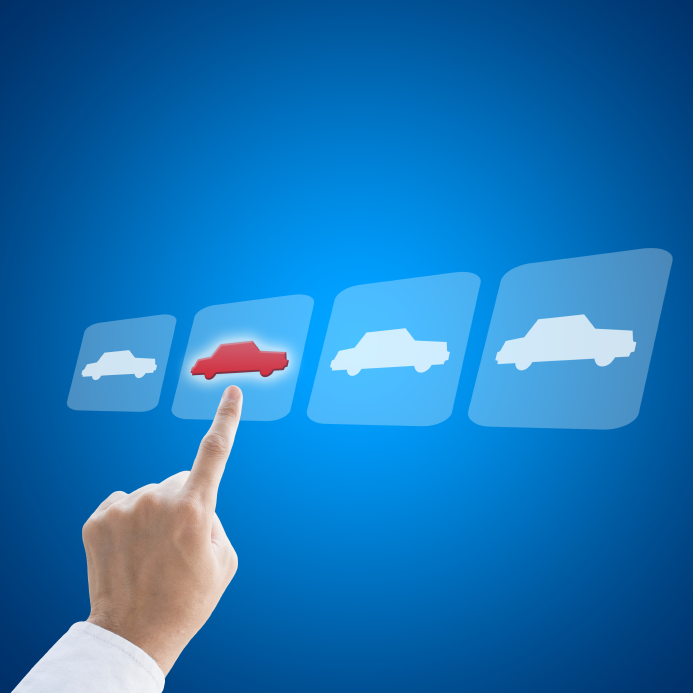Buy New or Second-hand?
January is traditionally the busiest month of the year for car sales – both new and second hand – and this year appears no different. With that in mind we wanted to give purchasers some advice which perhaps you´ll consider before buying.
New Car or Second-hand?
The second hand car market is particularly competitive in Ireland with good bargains to be had right across the board. This is due to a number of factors in the market including the rate of depreciation of new cars: which is high in Ireland; and the relative continuing affordability of new car purchases to the Irish consumer: for as long as a significant percentage can afford to buy a new car then this will result in lower prices in the second-hand market. Contrast this to countries where new cars are out of reach for the majority, e.g. Brazil, and where second-hand cars consequently retain much higher residuals reflecting the fact that the vast majority of sales take place in the second-hand market.
However, don´t be fooled into thinking that a second-hand car is always a better, cheaper, alternative. It isn´t. You must consider a variety of factors:
Motor Taxation
Those changing their car this year may be entering into the new motor taxation regime (introduced in 2008) for the first time. This regime provides significant savings to a buyer of a lower CO2 emission vehicle. This saving is particularly prominent with diesel vehicles – which produce, generally speaking, far lower CO2 than their petrol counterparts. Thus a buyer switching from the old-taxation-regime petrol to the new taxation regime diesel can expect savings of four hundred euro per annum or more. For example a Ford Mondeo 2007 1.6L petrol under the old regime was liable to 560 Euro motor tax. The equivalent Ford Mondeo 2011 2.0L diesel is liable for only 156 Euro in road tax – a saving of 400 Euro per annum for an owner of a 2007 who wishes to upgrade to the new vehicle.
MPGs
With the cost of petrol and diesel at historically high levels never before has it been as important to consider the Miles per Gallon of the vehicle you currently own and the vehicle you intend to buy. Newer vehicles always produce more MPGs than older equivalents: as the engine gets older it becomes less economical – a reality with any vehicle purchase. Again, here, drivers switching from petrol to diesel will notice big savings: the price of diesel is pretty consistently 7 to 10 cents a litre less than the price of petrol so for a car with a seventy litre tank that´s a saving of about 5 euro on a full fill. Also the differences in MPGs can mean a driver fills the tank twice per month instead of three times per month etc. which can result in significant annual savings – sometimes one thousand euros or more. Therefore never underestimate the importance of MPGs.
Depreciation
It´s true that new cars depreciate faster than second-hand cars. The biggest drop in the value of a car takes place in year one – in fact you probably often heard it said that the steepest drop in value is when the new owner drives the car out of the garage! Still, after the first three years the price drop levels off. It all depends on how many years you intend to hold onto the car: the more years you hold the vehicle the lower the annual depreciation cost will be on that vehicle for you. But remember, as with all cars, there will come a day when it is sadly worth nothing at all!
Conclusion
These are a few of the things you should consider before you make your purchase. Don´t assume that a second-hand car is always cheaper: as we mentioned above the savings in taxation and fuel can mean a new car is actually the cheaper option for you over a period of years. It all depends on your needs and the calculations you make! Good Luck!


Enterprise Used Cars says:
Great tips. I think buying a used car that is on the newer side could be beneficial in terms of savings. Especially if it comes with a solid warranty. Really old cars will be cheap but may have mechanical issues.